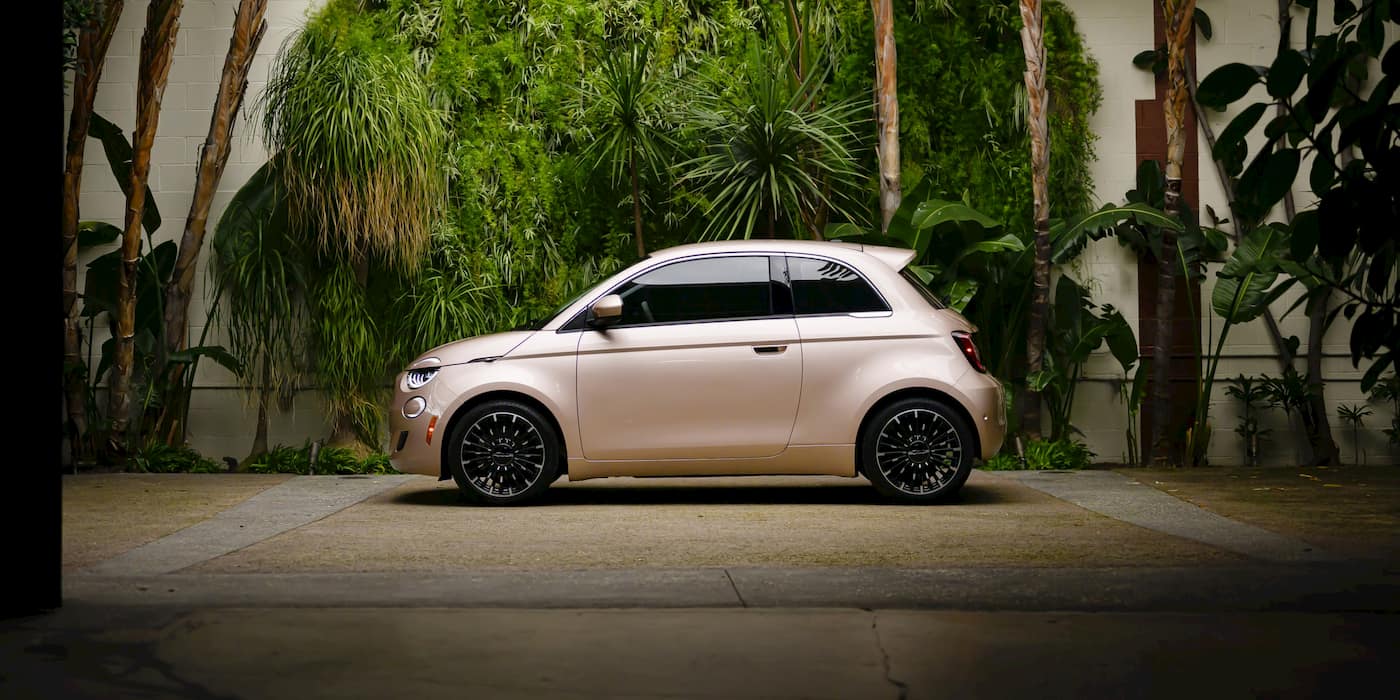
Stellantis – the parent company of Jeep, Chrysler, Fiat, Dodge, and Ram – says that it will comply with California’s stricter emissions policy requiring two-thirds of new cars to be zero-emissions or all-electric by 2030 – and will commit to the deal even if former President Donald Trump makes a return to office and tries to dismantle the policy.
According to a statement from California Governor Gavin Newsom, Stellantis has signed a landmark deal to curb emissions through 2026 model year under the agreement, which will prevent some 10 to 12 million additional metric tons of greenhouse gas emissions from polluting the air.
Stellantis says it will also comply with California’s requirement to have zero-emission and PHEV make up 68% of new light-duty vehicle sales by the end of this decade, regardless of whether or not the California Air Resources Board (CARB) can enforce the rules should Trump – who has been openly hostile to clean air and electric vehicle initiatives – win the election this year.
“Together, we have found a win-win solution that is good for the customer and good for the planet,” said Stellantis CEO Carlos Tavares. “We remain as determined as ever to offer sustainable options across our brand portfolio and being a leader in the global decarbonization efforts.”
However, the whole deal has had a thorny history. Back in 2020, Ford, Honda, Volkswagen, and BMW struck a special agreement with California to measure CARB compliance by sales nationwide, not just in CARB states. Stellantis argued that this changed the game and put its company at a disadvantage because those numbers are easier to meet. Since last year, Stellantis had limited its shipments of both ICE vehicles and EVs to dealers in the 14 states that have adopted California Air Resources Board (CARB) rules, which are stricter than national criteria. Meaning, if you shopped in those states, only plug-in hybrid SUVs would be readily available in stock, but you’d have to special order an all-electric version or ICE models. Dealers in states that don’t adhere to CARB standards had the opposite scenario play out, of having no or very few hybrids in stock, and an ICE-only inventory. The rationale for all of this maneuvering is in the 14 states that adhere to the California rules, manufacturers need to sell a certain percentage of zero-emissions vehicles and plug-in hybrids, meaning Stellantis had to prioritize these areas.
Volvo and Geely signed on to the pact with California following the original four automakers, and Stellantis tried to join but was turned down, according to Bloomberg. Why? Stellantis argued that it is being punished for when Chrysler publicly questioned California’s authority to establish its own rules back in 2019, along with other automakers, including General Motors and Toyota. Last December, Stellantis submitted a petition to California’s Office of Administrative Law, accusing the state of signing “underground regulatory scheme” with other automakers.
Now, Stellantis, the world’s fourth-largest automaker, is fully on board after striking the deal with California, and plans to invest $4 million to produce public charging stations in California’s rural areas and parks, in addition to another $6 million investment in other states that have adopted CARB rules.
Electrek’s Take
Top comment by Jason
I think a Republican Congress would summon them for endless hearings and a Trump DOJ would look for ways to sue them. Not to necessarily win on merits, but to harass until Stellantis sees this as more trouble than it's worth.
An interesting side note here is that Stellantis has agreed to comply with its California commitments even if CARB can no longer enforce the rules should Trump win the election and challenge the policy. Although given the automaker’s history here and slow reluctance to adopt EVs, we’ll see how it all unfolds should that circumstance arise – and as to how far a Trump government would take it, we can only guess right now. Of course, no doubt, Trump could throw up some serious challenges to emissions standards if he makes a return to the Oval Office. During his term as president, he tried to remove California’s special permission to set its own stricter emissions rules, but President Biden overturned that move after winning the election.
Photo: 2024 Fiat 500e (Source: Stellantis)
If you’re an electric vehicle owner, charge up your car at home with rooftop solar panels. To make sure you find a trusted, reliable solar installer near you that offers competitive pricing on solar, check out EnergySage, a free service that makes it easy for you to go solar. They have hundreds of pre-vetted solar installers competing for your business, ensuring you get high quality solutions and save 20-30% compared to going it alone. Plus, it’s free to use and you won’t get sales calls until you select an installer and share your phone number with them.
Your personalized solar quotes are easy to compare online and you’ll get access to unbiased Energy Advisers to help you every step of the way. Get started here.
FTC: We use income earning auto affiliate links. More.


Comments